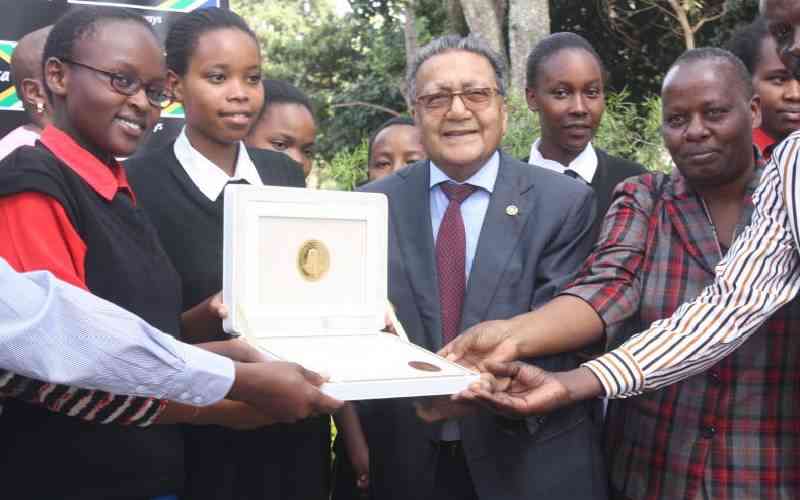
Kenya has been a beacon of innovation and leadership in sustainability. With a dynamic economy, visionary leadership, and a vibrant entrepreneurial spirit, Kenya has emerged as a continental and global model for how bold ideas can drive meaningful progress.
The Zayed Sustainability Prize, the UAE's pioneering global award for humanitarian and sustainable development, has witnessed firsthand the extraordinary talent Kenya brings to the world stage. Over the years, Kenyan winners and organisations making a difference locally have shown that when homegrown solutions are nurtured and recognised, they can spark regional transformation and inspire global change, encouraging communities everywhere to reimagine what is possible.